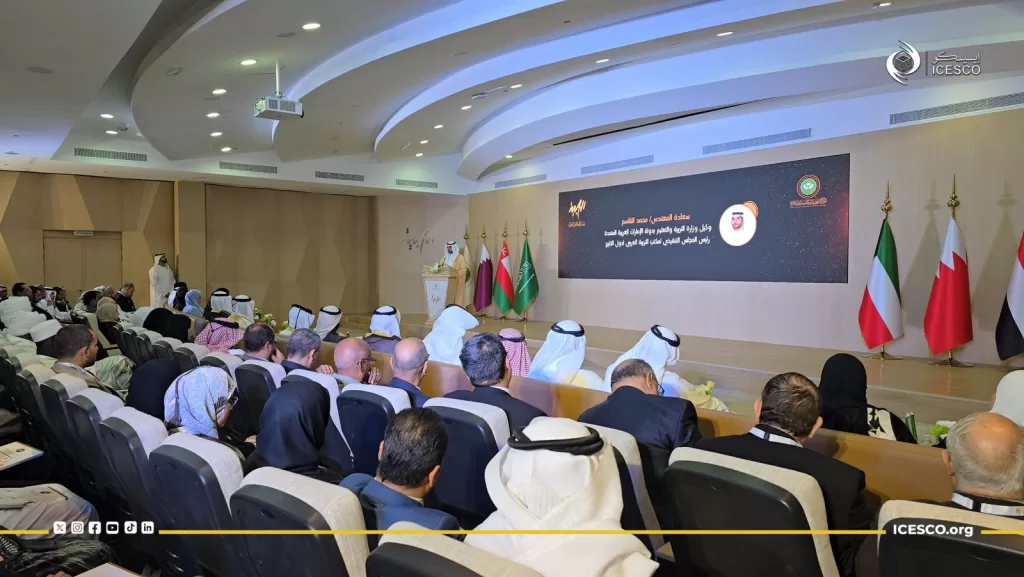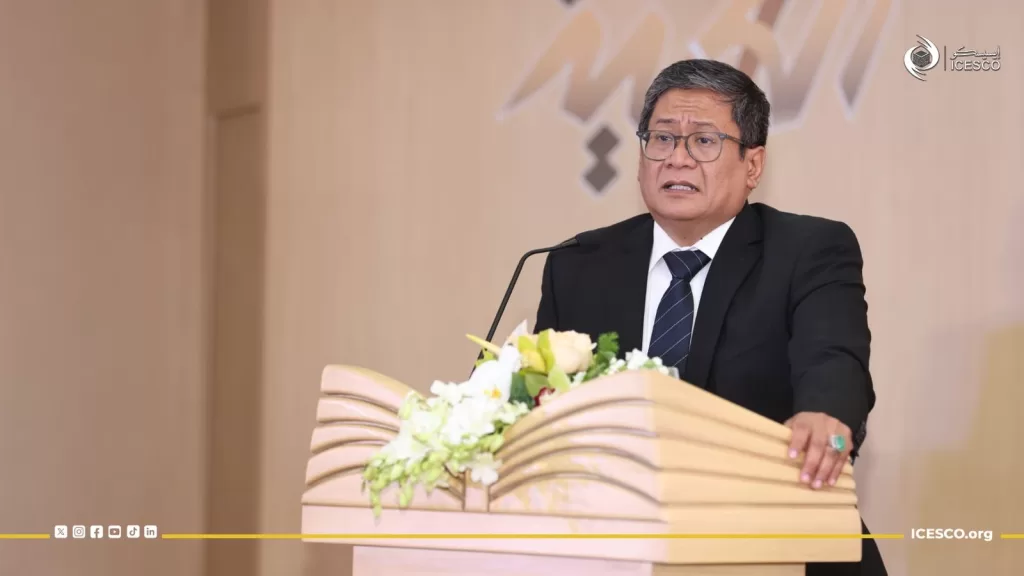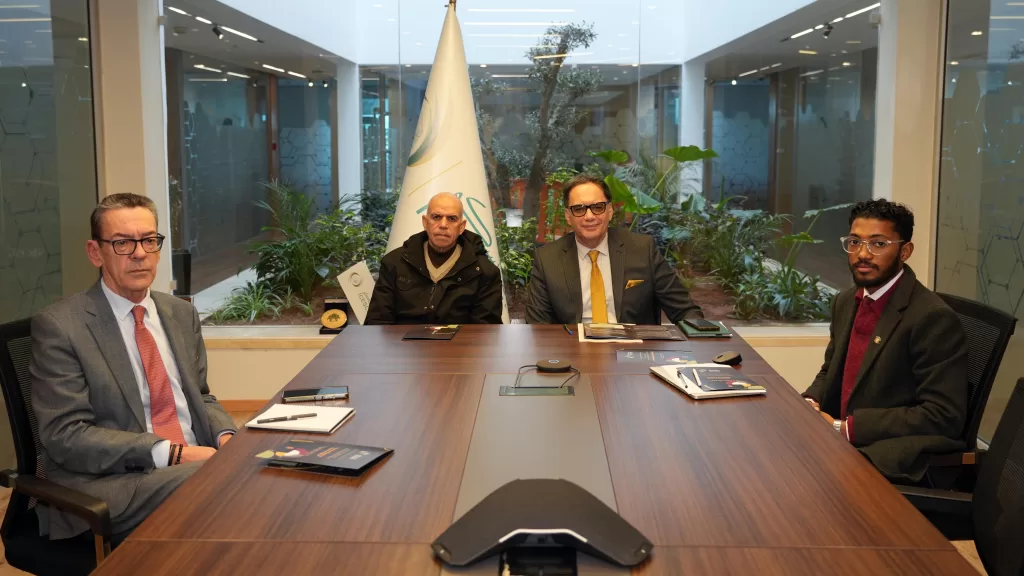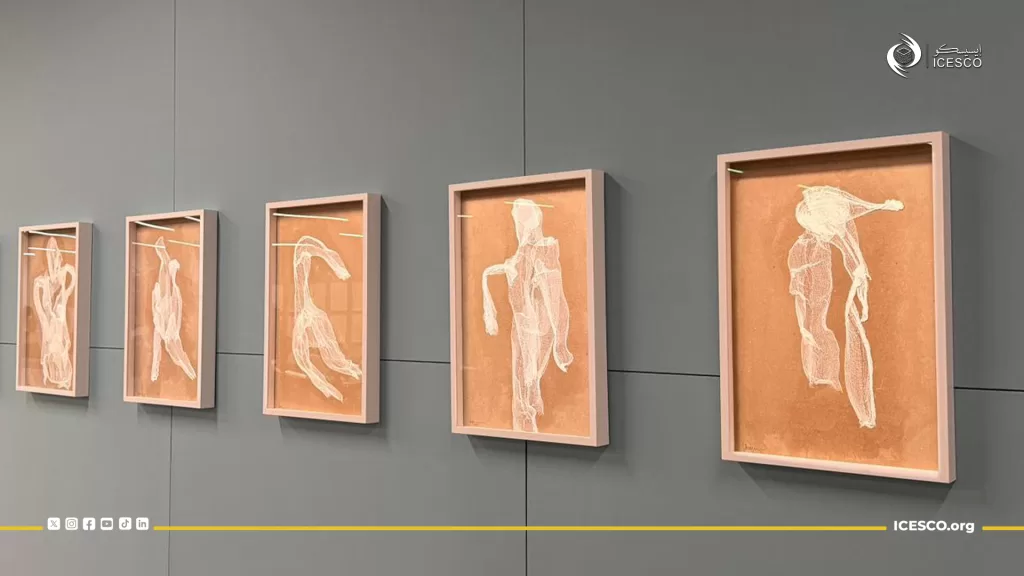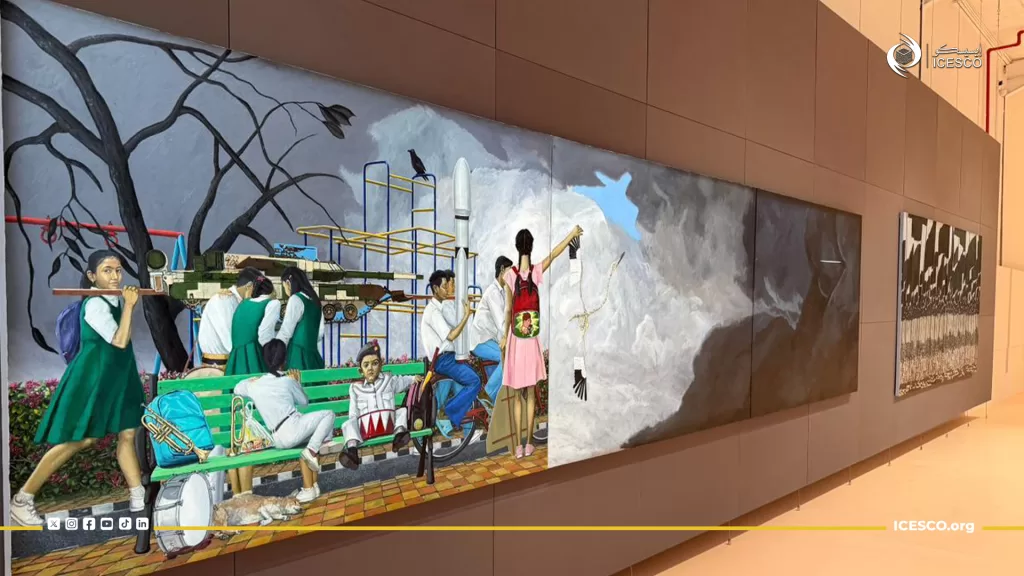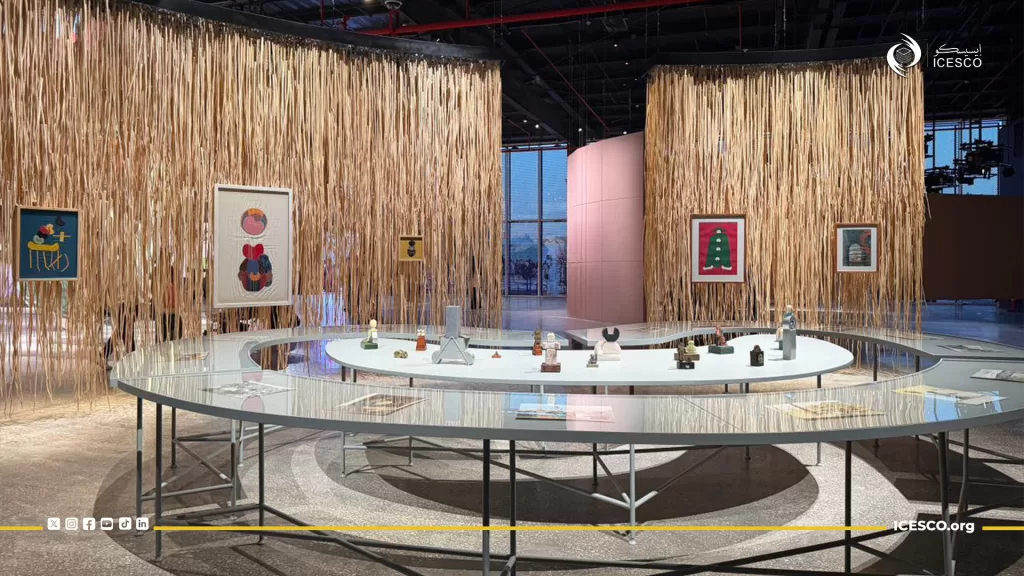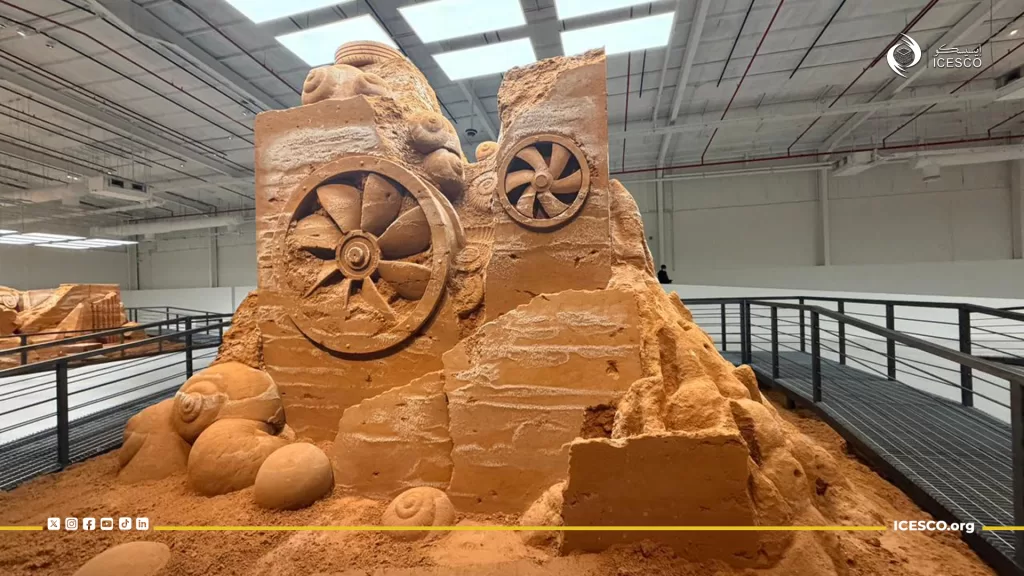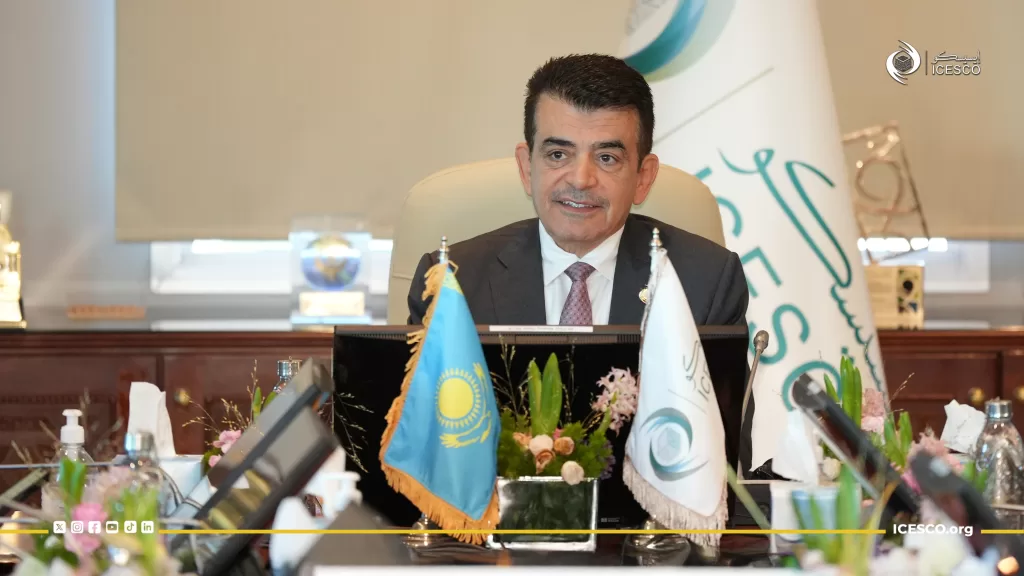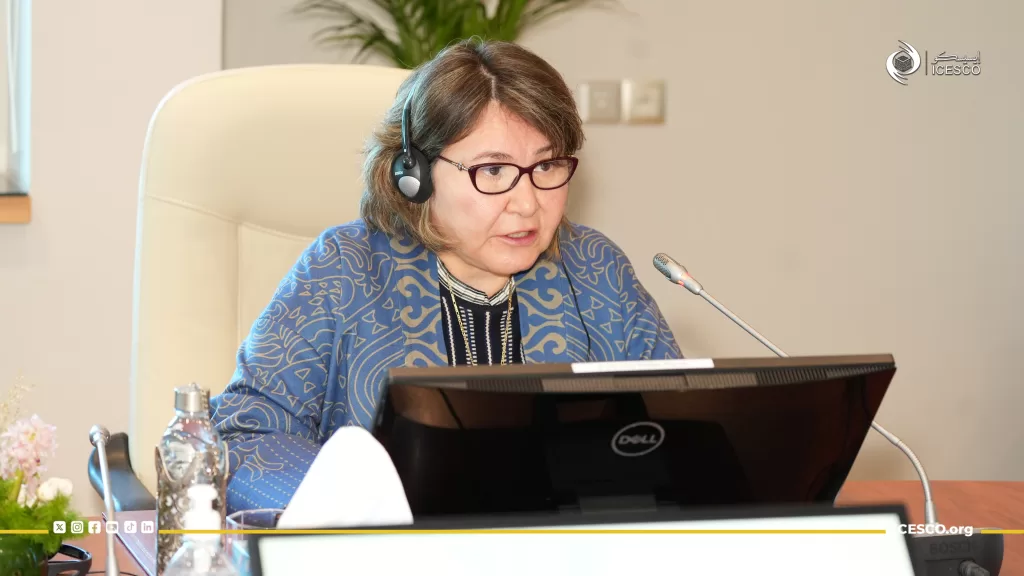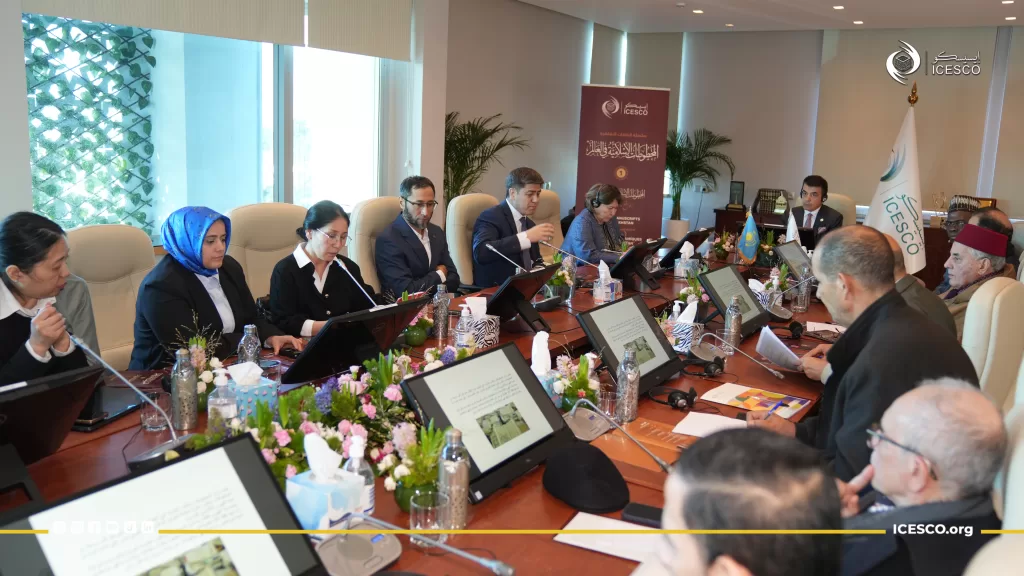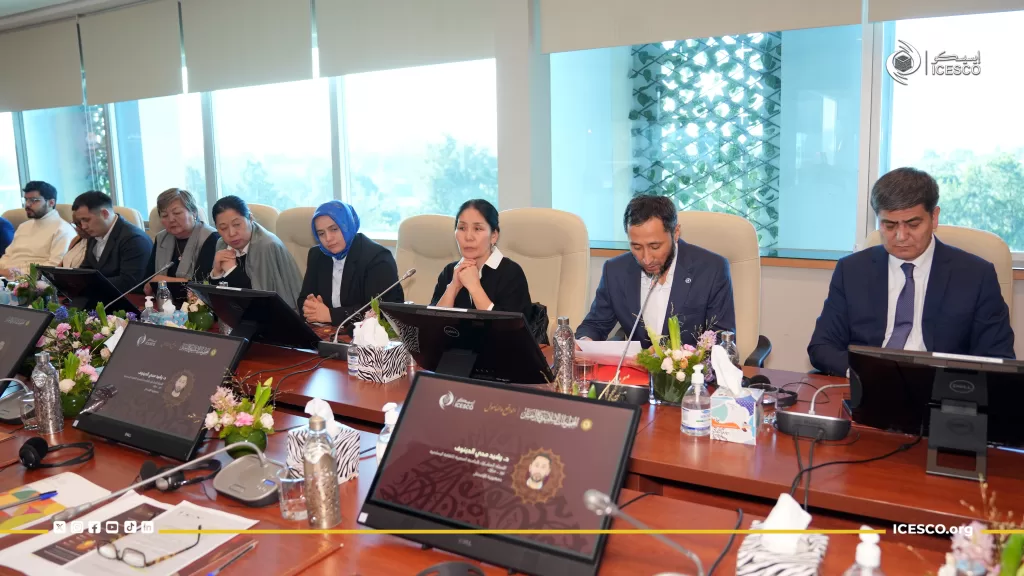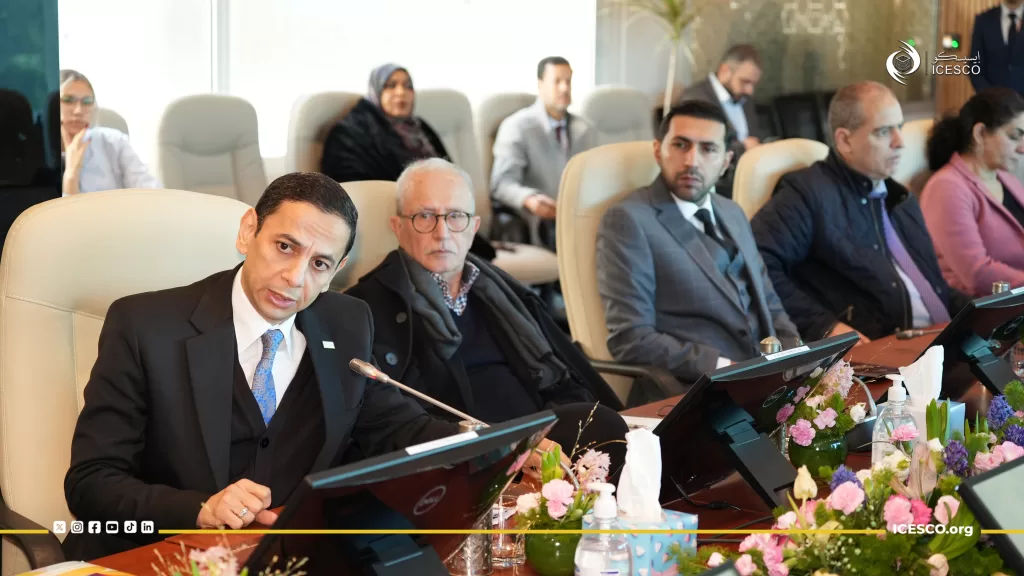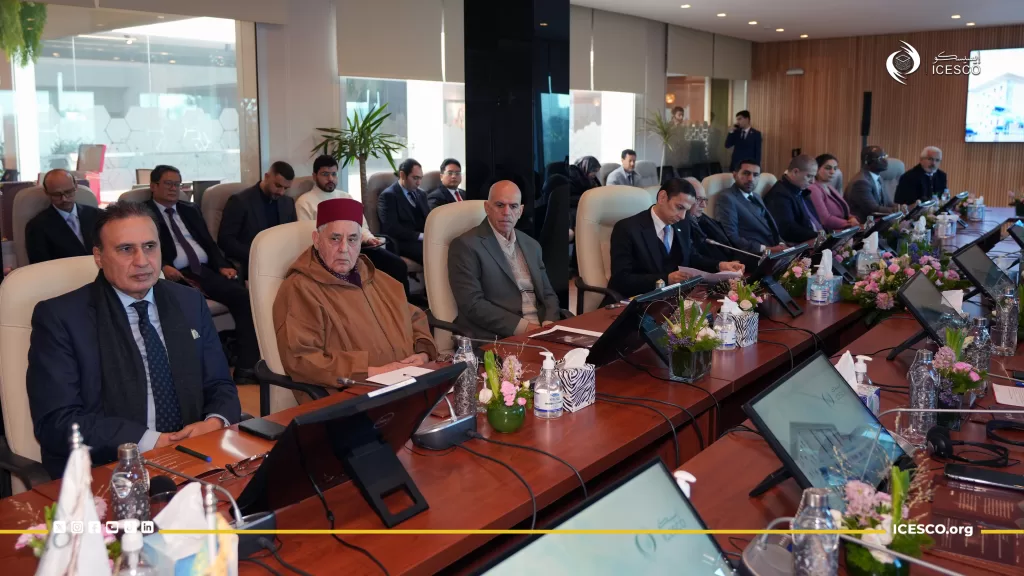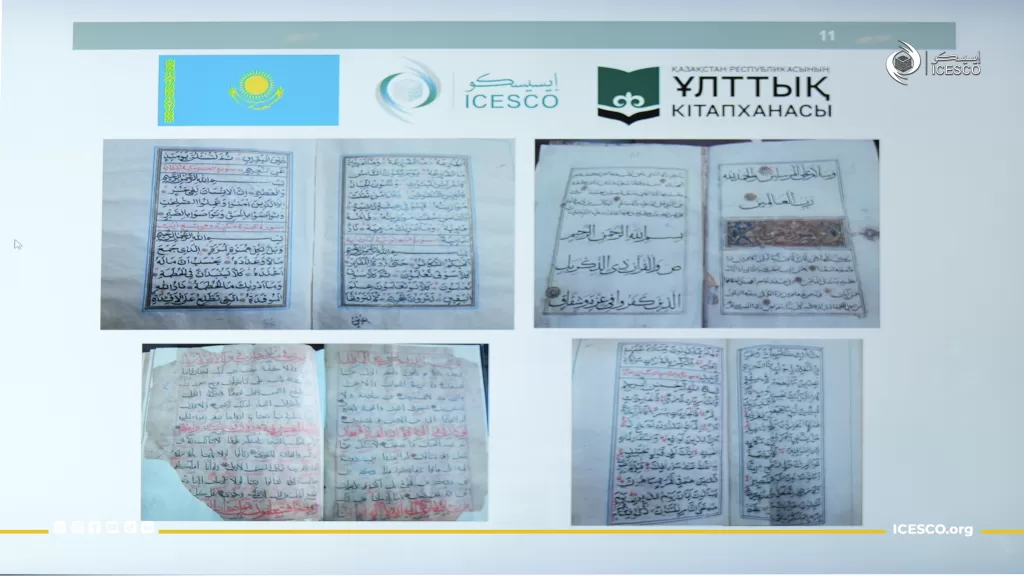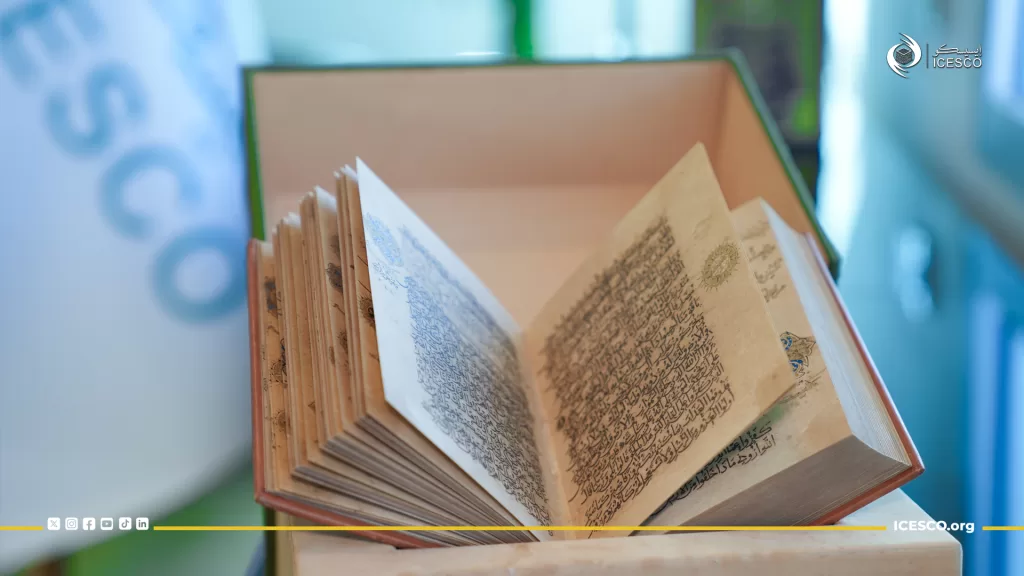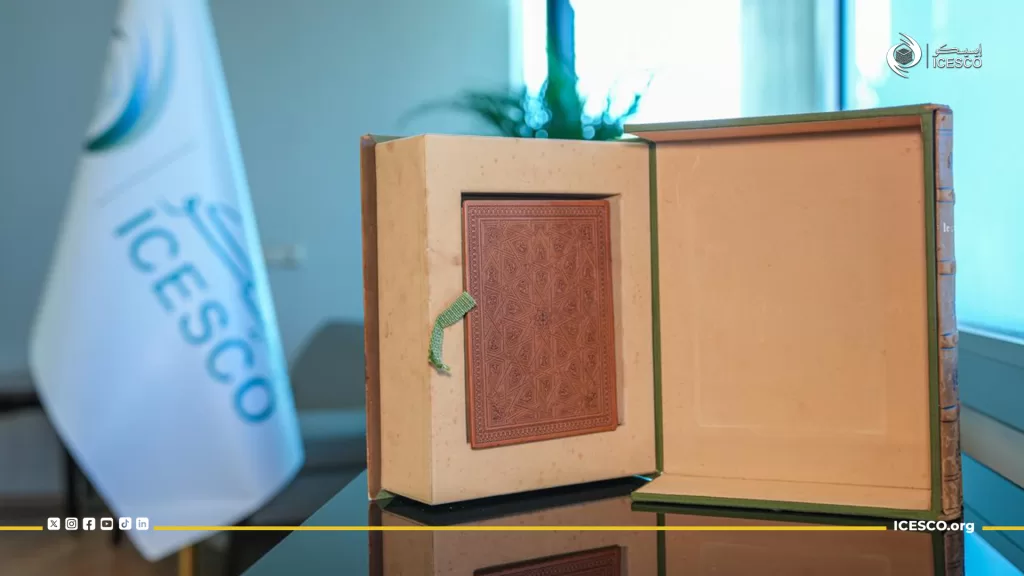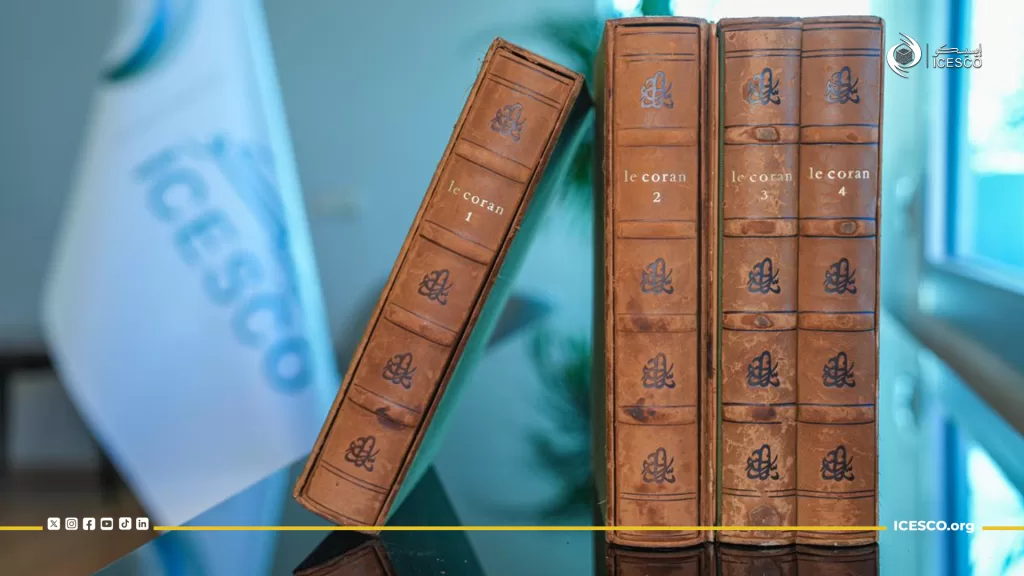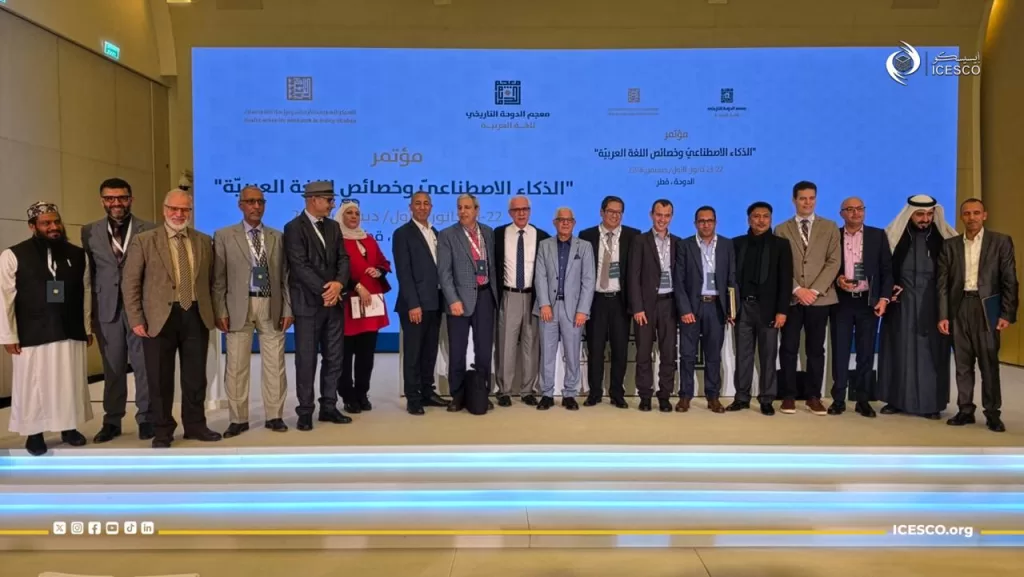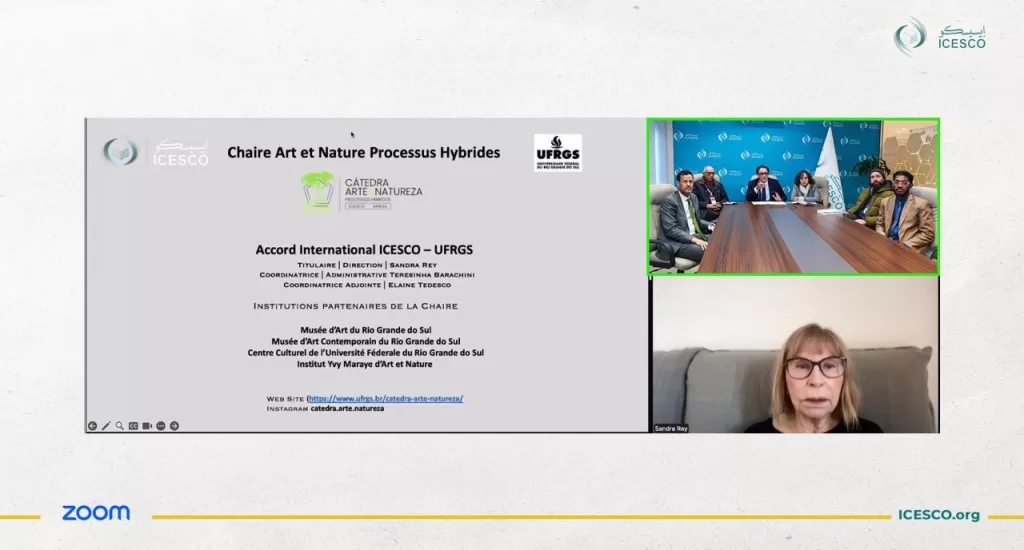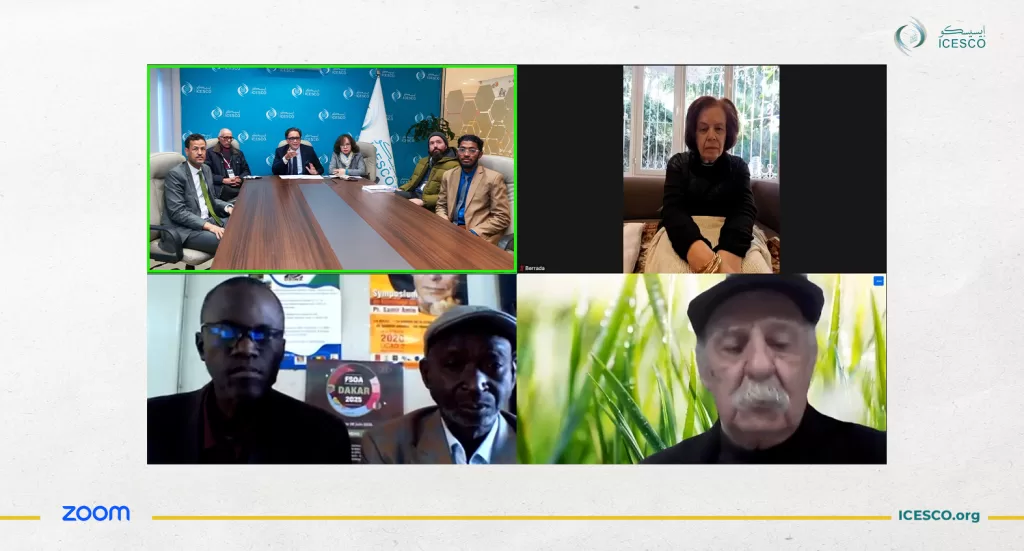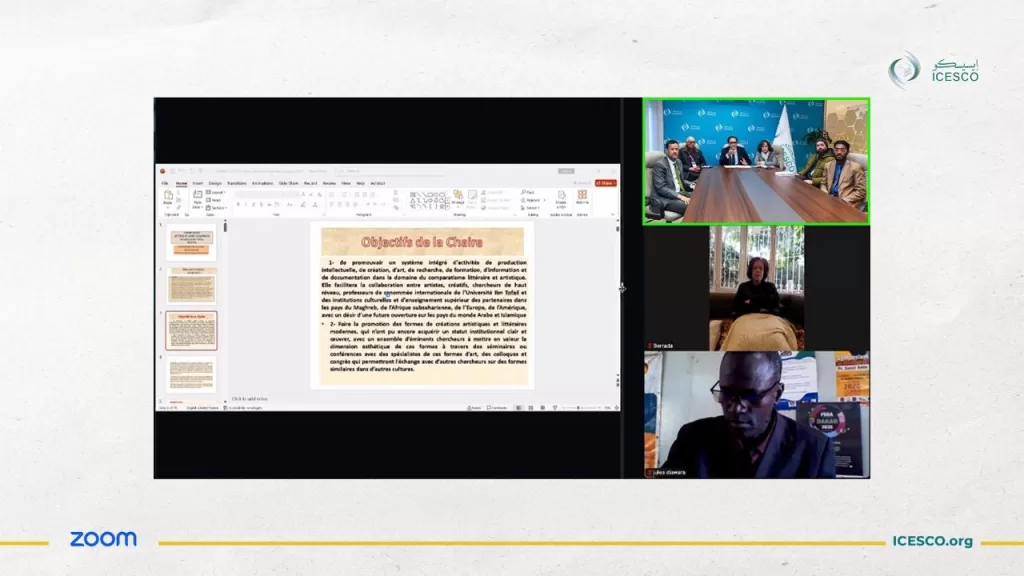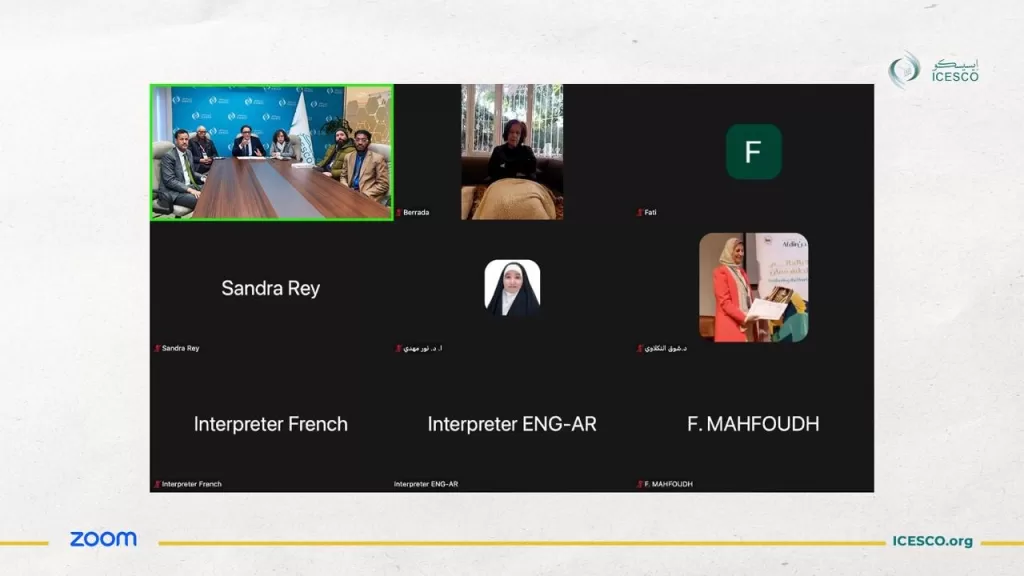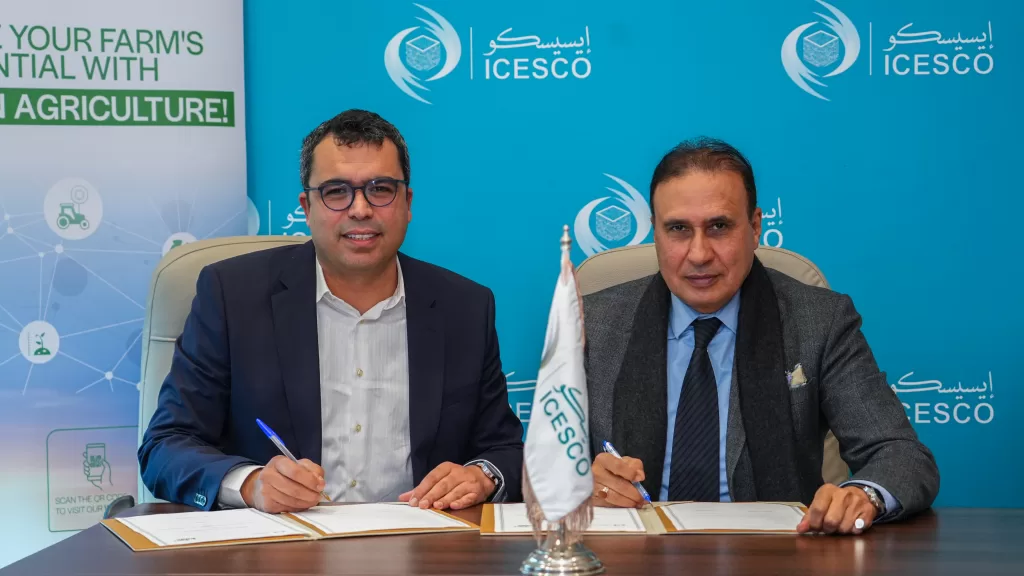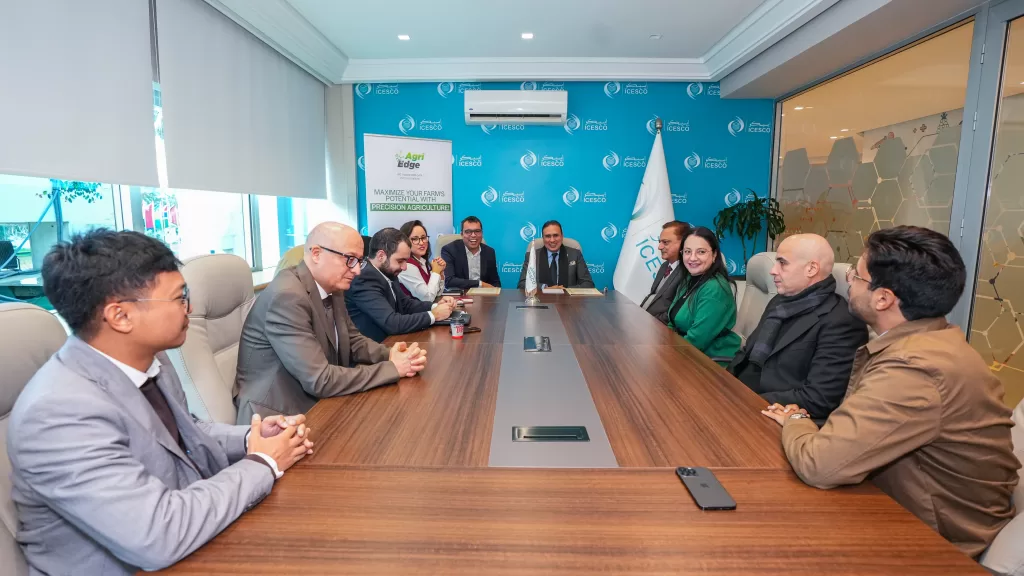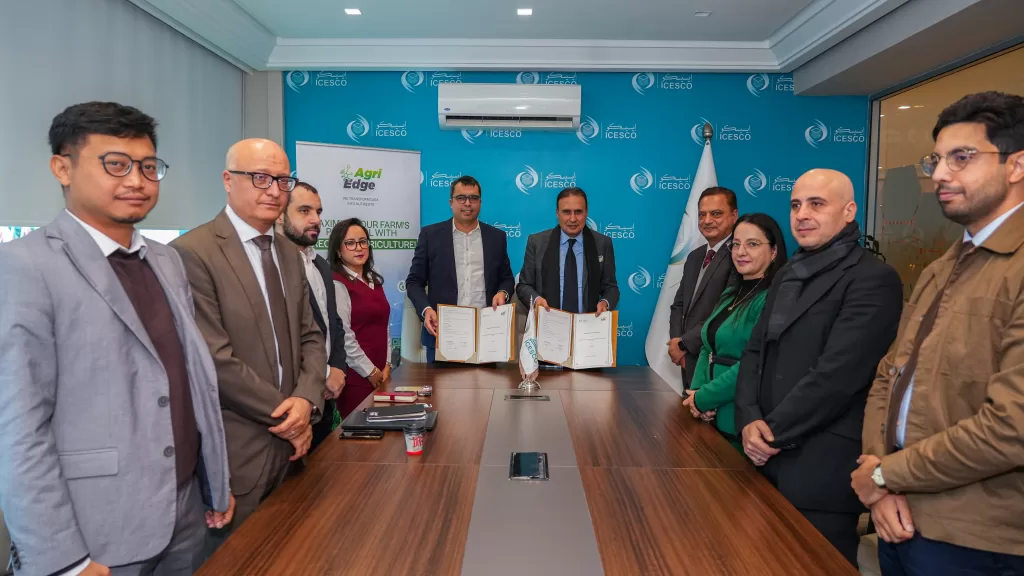The training program “Utilizing of AI Tools in News Writing and Quality Content Creation”, organized by the Islamic World Educational, Scientific and Cultural Organization (ICESCO), in partnership with the KUNA Media Development Center, kicked off on Sunday, February 1st, 2026, with the participation of 16 media professionals and content creators from eight Member States of the Organization.
The training program, sponsored by Kuwait Airways and Bukhamseen Holding Group – Crowne Plaza, aims to raise awareness of ways to employ artificial intelligence tools in news writing and digital content creation, foster ethics in the use of artificial intelligence in media and meaningful content creation, and develop participants’ skills in big data analysis through a series of lectures, panel discussions, and practical training sessions.

The five-day training program began with a lecture on the basics of artificial intelligence technology and its applications, presented by Mr. Abdulrahman Al-Khamis, director and expert in creative artificial intelligence, in which he reviewed the opportunities and challenges of mainstreaming the use of artificial intelligence in various professional fields.
At the end of the first day, Dr. Barakat Al Wegyan, Director of Communication Department at ICESCO’s Media and Communication Sector, stressed the need to hone young people’s skills to keep pace with rapid technological developments, given their pivotal role in renewing media work.

For his part, Mr. Thamer Al-Furaih, Head of the Kuna Media Development Center, pointed out the importance of developing cooperation between international organizations, institutions, and training centers to build a promising generation of media professionals in the Islamic world.
As part of the program’s activities, participants met with officials from the General Department of International Media of the Kuwaiti Ministry of Information. They reviewed the Ministry’s efforts to strengthen cooperation with countries from the Islamic world and mechanisms for communicating with media professionals and experts.

This is the second training program organized by ICESCO’s Media and Communication Sector for media professionals, content creators, and content creators in the Islamic world as part of the Sector’s strategic plan to enhance the capacities of media professionals to keep pace with media and technological developments.



